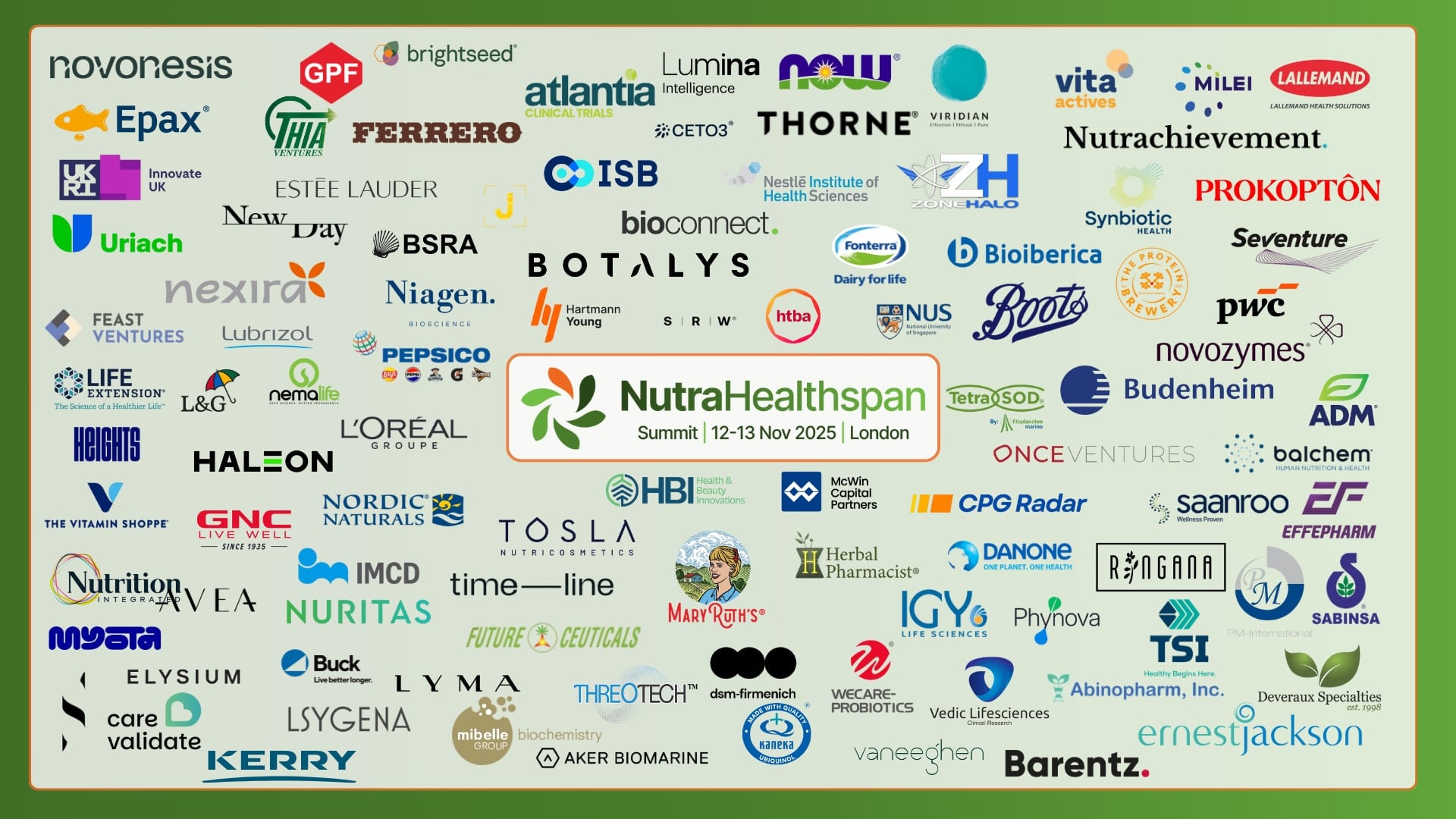This special edition explores this topic in terms of market trends, regulatory hurdles, latest discoveries, research methodologies and scientific blind spots.
Mind health market targets rising consumer stress and fatigue
Data from Euromonitor reveals that supplements specifically targeting cognitive function and mood accounted for €940 million in Western Europe in 2025, or 8.3% of the total supplement market.
Innova Market Insights reports that overall growth in this market is extremely strong, with nearly one in five product launches carrying a mental performance claim.
B vitamins were cited as the leading supplement for brain health, followed by other vitamins, minerals and omega-3s. These ingredients are highly trusted by consumers and are frequently incorporated into food, beverages and supplements aimed at enhancing mental performance.
Mind health methodologies: The science behind brain claims
Studying mind health benefits opens researchers to a myriad of challenges, whether the balancing act between biological and emotional response data, the mitigation of prevalent placebo-effect or navigating neurodiversity among participants.
“Mind health is a difficult one to pin down because it involves a combination of different realms of health,” Miguel Toribio-Mateas, neuroscientist and lecturer at the University of West London, told NutraIngredients. “It’s memory, executive function, stress, resilience, motivation, focus, calm.”
Most mind health-focused studies will assess biological markers alongside digital assessments and self-reported questionnaires but there are still several blind spots and murky aspects of mind health that science struggles to uncover.
What can brands say about mind health supplements under EU Law?
In the EU, brands must tread carefully when talking about mind health, as almost all claims about mood, stress, focus or cognitive enhancement are prohibited unless specifically authorized by the European Commission.
With Ayurvedic herbs, probiotics, CBD and mushrooms caught in a web of suspended or inconsistent rules, companies cannot legally say their products “improve mood” or “reduce stress”.
Katia Merten-Lentz, food law expert and partner at Food Law Science & Partners, advises that companies develop strong scientific evidence and strategic legal frameworks early to navigate approval hurdles and build compliant, credible health claims for future products.
Catching up with mind health supplements: A round-up of the latest science
Research in this area is expanding, with both independent and industry-funded researchers investigating the potential effects of ingredients including omega-3 fatty acids, flavanols and vitamins on aspects such stress relief, sleep support, emotional resilience and cognitive function.




